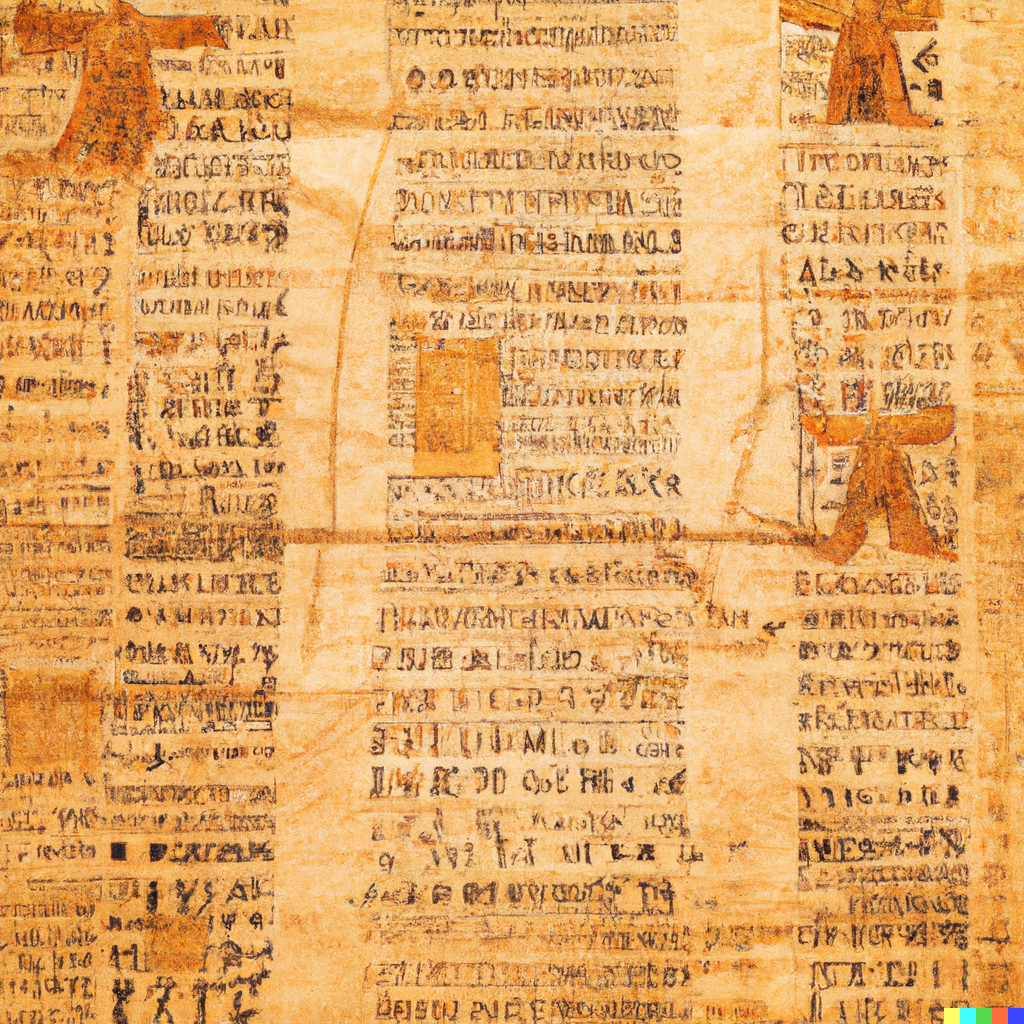
Sometimes the most ordinary words carry a most extraordinary meaning, such as the word until in the Bible. In Matthew 1:25 we see it used concerning Mary, who did not consummate her marriage with Joseph “until” after Jesus was born.
“But he did not consummate their marriage UNTIL she gave birth to a son. And he gave him the name Jesus.” Matt 1:25 (NIV)
The Greek word translated “until” in this verse is ἕως which simply means till or until. It is used to help determine the timing of when a matter occurs. A perfect example is that of Christ’s command to his three main disciples on the mountain of transfiguration, where he said, “Tell the vision to no one UNTIL the Son of Man has risen from the dead.” Matt 17:17 (NIV) So even the other nine disciples did not know about that until later.
The point is that ‘until’ is an ordinary word, and should be understood in the ordinary way, and that is what gives it extraordinary meaning in so many places in the New Testament.
Consider this verse:
“The Lord said to my Lord: ‘Sit at my right hand UNTIL I put your enemies under your feet.’” Matthew 22:44 (NIV) Quoting Psalm 110:1
Many Christians think the world is going to get worse and worse and then Jesus will return in person, and after that he will subdue every enemy. The above verse is the most quoted old testament scripture in the new testament, being referenced (depending on how it is counted) about 24 times. Rather than agreeing with the idea that the world will get worse, it would appear to be saying that Christ is going to remain in Heaven UNTIL all the enemies are defeated.
1 Corinthians 15:25 (NIV) is another ‘until verse’ that agrees, saying: “For He must reign UNTIL he has put all his enemies under his feet.”
That idea puts a cat among the pigeons of many end-times theories.
Or consider this verse:
“Truly I tell you, I will not drink again from the fruit of the vine UNTIL that day when I drink it new in the kingdom of God.” Mark 14:25 (NIV) The weird thing about this ‘until,’ is that it was only the very next day that Jesus drank wine-vinegar while dying on the cross. While I’m not dogmatic about it, I have often pondered the question, “Is that an indicator that Christ’s kingdom began with the atonement?”
Or consider this set of three verses:
“So Christ himself gave the apostles, the prophets, the evangelists, the pastors and teachers, to equip his people for works of service, so that the body of Christ may be built up UNTIL we all reach unity in the faith and in the knowledge of the Son of God and become mature, attaining to the whole measure of the fullness of Christ.” Ephesians 4:11-13 (NIV)
The debate about the church having or needing apostles seems to be settled by the ‘until’ here, because Christ gives them to His people to perfect them until they measure up to God’s ultimate standard… which of course hasn’t happened yet.
The ‘until verses’ are among some of the most interesting in the New Testament because they demonstrate that the original apostles thought differently to us on a few points. So it’s a reason to go to the Bible and get to know it all the more.






